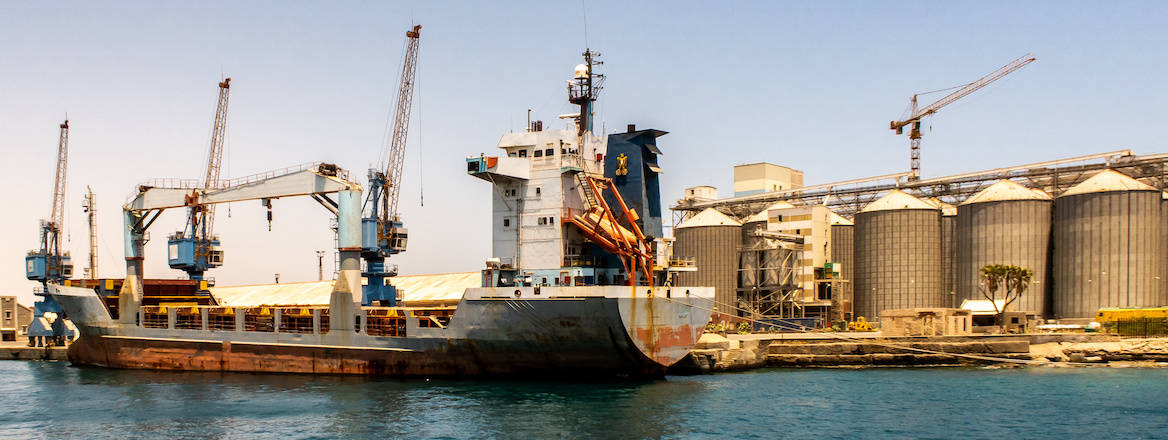Russia’s Growing Ambitions in the Red Sea Region
This Policy Brief examines why Russia is paying greater attention to the Red Sea region, and suggests that US and European policymakers should pay close attention to Moscow’s manoeuvres.
This Policy Brief will address the following question: why is Russia paying greater attention to the Red Sea? This tilt has received little attention in extant scholarship since the end of the Cold War and deserves more. As the stability of the Red Sea and Bab El-Mandeb Strait is essential for maritime shipping, US and European policymakers should pay close attention to Moscow’s manoeuvres. Russia’s policy is not exclusively anti-Western, as it has historically cooperated with Western countries on anti-piracy, but its disruptive tactics – such as Wagner Group private military contractor (PMC) deployments in Sudan and indiscriminate arms sales – exacerbate the Red Sea’s existing state of insecurity. Russia’s rising soft power in the Red Sea region – which is enhanced by its rhetorical commitment to non-interference in the internal affairs of states, arms sales to isolated countries, strategic use of debt relief, and the growing traction of its state-owned or aligned companies such as Rosatom – poses additional concerns for the Euro-Atlantic foreign policy community.
Russia’s policy towards the Red Sea appears opportunistic. Inconsistent Western engagement with the Red Sea region – such as the US military withdrawal from Somalia, the imposition of sanctions against Sudan, Eritrea and Ethiopia, and a fluctuating relationship with Egypt – have created a fertile environment for Russian influence. However, it faces substantial obstacles to achieving its goals, emanating from its limited economic footprint and growing external power competition in the Red Sea. But its security presence could potentially reinforce authoritarian consolidation and present a long-term threat to the freedom of navigation of Western countries. To understand the nature of Russia’s developing Red Sea engagement, this Policy Brief examines the drivers of, and constraints on, Russia’s commercial, security and diplomatic power projection in the Red Sea and outline its policies to expand its influence in this region. The Policy Brief concludes by highlighting the need for the Euro-Atlantic community to take measures to contain Russia’s negative influence, and to encourage forms of Russian engagement that can further regional stability, peace and prosperity.
Listen to the podcast episode
WRITTEN BY
Dr Samuel Ramani
RUSI Associate Fellow, International Security



